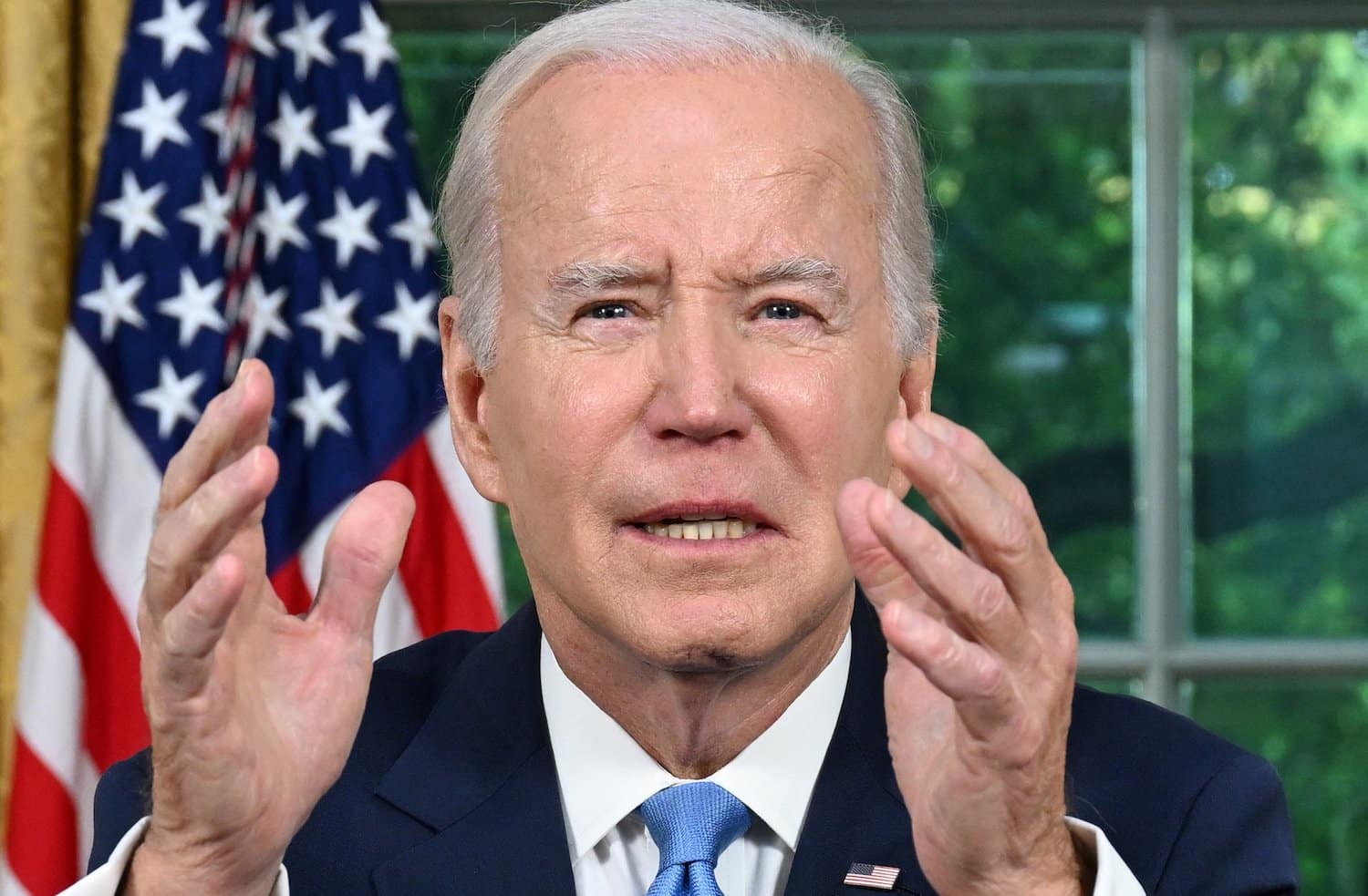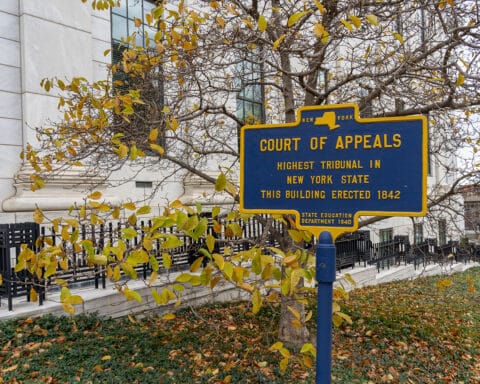WASHINGTON (OSV News) — President Joe Biden signed a bipartisan bill approved by Congress to suspend the debt ceiling June 3, just days before a June 5 deadline to address that limit or risk a U.S. government default.
In an Oval Office address June 2, Biden said, “Passing this budget agreement was critical, the stakes could not have been higher.”
“We averted an economic crisis and an economic collapse,” Biden said.
The White House said Biden signed the bill June 3.
The U.S. Senate June 1 passed its version of a compromise bill brokered by Biden and House Speaker Kevin McCarthy, a Republican who leads the House GOP majority.
The Senate approved the bill in a 63-36 vote, sending it to Biden’s desk.
The House of Representatives approved the bill, The Fiscal Responsibility Act, the previous day, following a contentious negotiation process between the House GOP leadership and the White House before Biden and McCarthy arrived at a deal within days of what could have been the first default in the nation’s history.
Despite some pushback from conservative and progressive lawmakers in both chambers, the House and Senate approved the measure in bipartisan votes.
As part of their attempts to secure the 60 votes necessary to pass the bill under Senate filibuster rules, Senate Majority Leader Chuck Schumer and Minority Leader Mitch McConnell agreed to hold votes on 11 amendments to the deal offered by its critics. None of those amendments had the necessary support to pass. Schumer and McConnell also entered a joint statement into the congressional record addressing some concerns from detractors, including Republicans who felt the defense spending levels in the deal were too low.
Schumer pledged that the Senate would stay in session until they sent a bill averting default to Biden’s desk.
“Time is a luxury the Senate does not have if we want to prevent default,” Schumer said in remarks on the Senate floor. “June 5 is less than four days away; at this point, any needless delay or any last-minute hold-ups would be an unnecessary and even dangerous risk.”
In remarks on the Senate floor prior to the vote, McConnell called the deal “a promising step toward fiscal sanity.”
“But make no mistake: there is much more work to be done,” he said. “The fight to reel in wasteful government spending is far from over.”
During the amendment votes, Schumer attempted to limit each to 10 minutes, praising a few such votes for lasting less.
In a June 1 statement, Biden praises lawmakers for passing the deal.
“Tonight, Senators from both parties voted to protect the hard-earned economic progress we have made and prevent a first-ever default by the United States,” Biden said. “Together, they demonstrated once more that America is a nation that pays its bills and meets its obligations — and always will be. I want to thank Leader Schumer and Leader McConnell for quickly passing the bill.”
Acknowledging the lengthy negotiation process, Biden, a Democrat who is the nation’s second Catholic president, added, “No one gets everything they want in a negotiation, but make no mistake: this bipartisan agreement is a big win for our economy and the American people.”
The Treasury Department previously projected June 5 as the date when the United States would lack the funds to meet its debt obligations.
Once signed into law by Biden, the bill will suspend the nation’s debt limit through Jan. 1, 2025, a date following the 2024 presidential election, allowing lawmakers to avoid a high-stakes debt battle until after the election. The bill would cap non-defense spending for one year with a slight increase the following year, as well as expand work requirements for some individuals who receive food stamps, while also broadening some exemptions for vulnerable groups like veterans, people experiencing homelessness and former foster youth.





